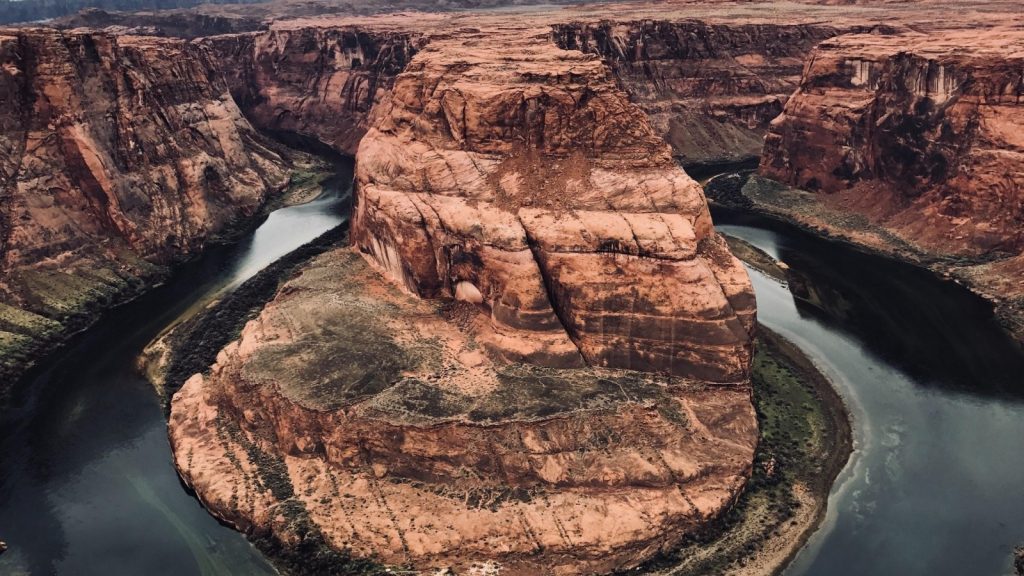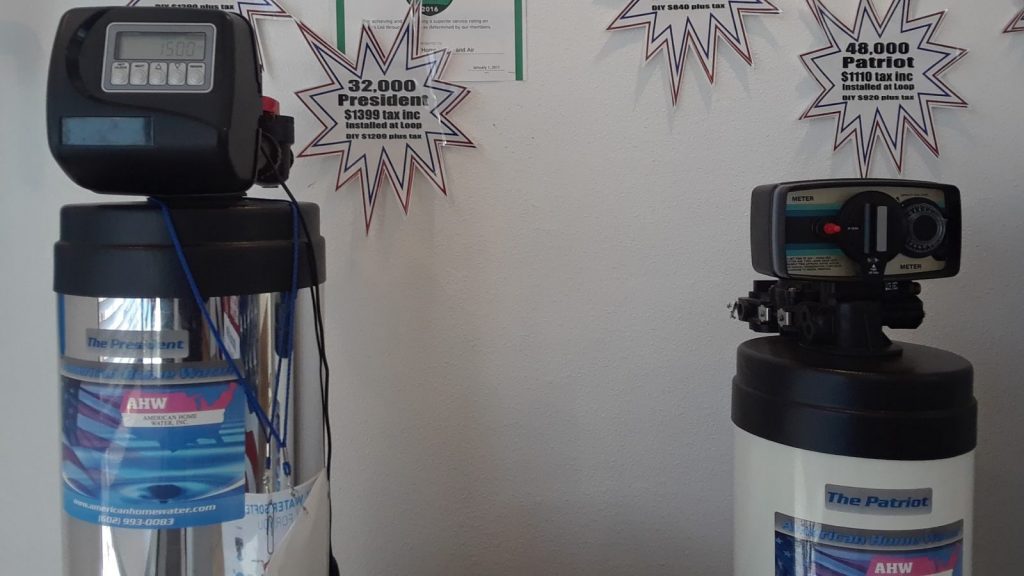Living in Arizona comes with its own unique set of challenges when it comes to water. If you’ve noticed mineral build-up on faucets, dishes, or skin, you may be dealing with hard water. But don’t worry—you’re not alone! Many homeowners in Arizona face the same issue; fortunately, there’s a solution: a water softener system.
In this post, we’ll explore what makes Arizona’s water so hard, how to choose the best water softener system for your home, and which systems can help you improve your tap water quality.
Understanding Arizona’s Hard Water
Arizona is known for its hard water, which means the water supply contains high levels of minerals like calcium and magnesium. These hard water minerals are the culprits behind those stubborn soap scum marks in your bathroom, the build-up in your pipes, and the wear-and-tear on your appliances, impacting tap water quality.
Hard water also affects Phoenix’s water taste, making a water softener system an essential upgrade for Arizona homeowners.
How to Determine Your Water Hardness
Before selecting the best water softener for your Arizona home, it’s essential to know the exact hardness of your water. Water hardness is measured in grains per gallon (GPG), and Arizona generally falls into the “hard” or “very hard” categories.
To determine your water hardness, call your local water provider for the most accurate information or use a water hardness test kit (which is quick and easy to use).
Once you know your water hardness level, you can select the right solution for your home.
Water Treatment Options for Arizona Homes
When it comes to treating hard water, there are three primary systems to choose from: water softeners, water filtration, and water purification. Each system addresses different issues, and the one that’s right for you depends on your specific needs.
1. Water Softeners: The Best Choice for Hard Water in Arizona
Water softeners are the most effective solution for dealing with Arizona’s hard water. These systems work by replacing calcium and magnesium with sodium (or potassium) through an ion exchange process.
The result? Softer, more manageable water throughout your home.
The most significant advantage of water softeners is that they tackle the core problem of hard water, helping to prevent mineral build-up on your appliances, pipes, and skin. They are a great investment for Arizona homeowners who want to protect their plumbing and improve their water quality.
Note: Water softeners are fantastic for reducing hardness but do not remove harmful bacteria or other contaminants. For additional purification, you may want to combine a softener with a filtration or purification system.
2. Water Filters: Ideal for Removing Contaminants
If you’re concerned about chemicals or contaminants in your water — like chlorine, lead, or heavy metals — a water filtration system might be needed. These systems remove unwanted impurities and improve the taste and quality of your water.
However, keep in mind that water filters do not soften water. If you have hard water, you’ll still need a softener in addition to a filtration system.
3. Water Purification: For Health-Conscious Households
Water purification systems are designed to eliminate viruses and bacteria from your water. These are ideal for families with young children or anyone concerned about waterborne illnesses.
While purification systems provide clean, safe water, they don’t soften it. So, if you’re facing hard water problems in Arizona, you’ll still need to consider a softener for full protection.
Types of Water Softeners: Which One is Best for You?
Now that you know why a water softener is essential, let’s dive into the types of systems available and help you decide which one is the best water softener for your Arizona home.
1. Salt-Based (Ion Exchange) Water Softeners
Salt-based water softeners, also known as ion exchange softeners, are the most popular option in Arizona. These systems use two tanks: one filled with resin beads and the other with salt pellets. The resin beads attract and remove the calcium and magnesium from the water, replacing them with sodium.
These types of systems are highly effective at softening water and can last up to 15 years with proper maintenance, contributing to their long lifespan. If you’re considering this option, learn more about choosing the best water softener salt for optimal results.
Tip: If you’re on a low-sodium diet, consider using potassium chloride pellets instead of salt. They contain no sodium and are a healthier alternative.
2. Salt-Free Water Softeners (Conditioners)
Salt-free water softeners or conditioners don’t remove hard minerals from your water. Instead, they “condition” the minerals, preventing them from sticking to surfaces in your home.
While they’re better than nothing, salt-free softeners are less effective in Arizona due to the region’s hard water. These systems may help prevent mineral build-up but won’t fully soften the water like a salt-based system.
3. Reverse Osmosis (RO) Filtration
Reverse osmosis systems are typically used for more minor water needs, like drinking water or cooking. These systems filter out contaminants, improving taste and safety. However, reverse osmosis systems don’t soften water. If you have hard water throughout your whole home, you’ll need a separate softener.
Choosing the right system depends on your needs, lifestyle, and how much maintenance you’re willing to take on. Each type has strengths, so assessing which one fits your home best is a good idea.
Tips for Choosing Your Water Softener
To make the right choice, consider these key factors while picking out your next water softener:
- Size and Capacity: Ensure your chosen system can handle your home’s water usage. A larger household may need a more robust system to soften water effectively across all faucets.
- Maintenance Requirements: Salt-based softeners require regular salt refills and periodic maintenance, while salt-free conditioners are often lower maintenance.
- Water Conservation: For eco-conscious homeowners, high-efficiency models are a great choice. They reduce the amount of salt and water used, helping conserve resources and lowering long-term costs.
Conclusion
Dealing with Arizona’s hard water can be challenging, but taking steps to soften your water can make a real difference in your daily life.
By understanding how hard water impacts your home, choosing the right water softener, and getting professional assistance, you can protect your appliances, enjoy healthier skin and hair, and simplify household cleaning. Regular maintenance, replacement, and the right softener system are essential for keeping your living space running smoothly and avoiding expensive issues down the road.
If you’re ready to improve your home’s water quality, don’t wait—contact American Home Water & Air. Our experienced team is here to provide tailored advice and reliable installation services.










